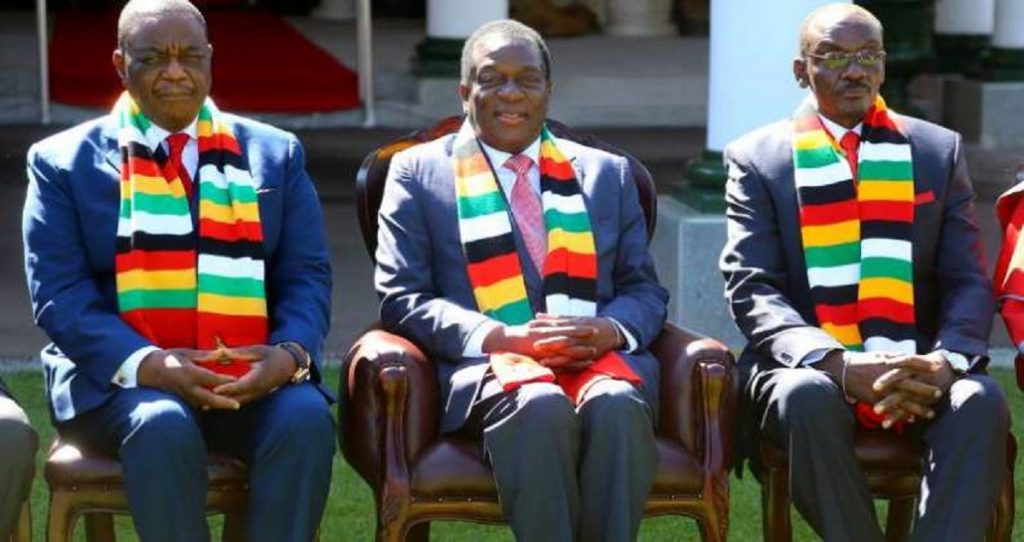By Staff Reporter
The Southern African Development Community (SADC) Election Observer Mission (SEOM) has expressed concerns about the credibility of Zimbabwe’s recent harmonised general elections, citing the appointment of Vice President Kembo Mohadi’s daughter into the Zimbabwe Electoral Commission (ZEC) as one of the factors undermining the process.
In its final report released on Thursday, SADC maintained its earlier position that some aspects of the 23 and 24 August election “fell short of the requirements of the Constitution, the Electoral Act and SADC Principles and Guidelines Governing Democratic Elections.“
Mohadi’s daughter, Abigail Millicent Ambrose, was appointed to ZEC by President Emmerson Mnangagwa in July last year, a decision that sparked public outcry and accusations of cronyism aimed at manipulating the 2023 elections.
While not explicitly naming Ambrose, SADC stated that if the allegations surrounding her appointment were true, they would represent a breach of ZEC’s independence.
“In the event that the concerns from stakeholders that some ZEC Commissioners are closely related to the senior members of the ruling party are found to be true, there is a risk of violation of Section 11(2) of the Electoral Act and Section 4.1.9 of the SADC Principles and Guidelines,” the report stated.
SADC recommended that such practices be considered a disqualification criterion in the recruitment of ZEC officials.
In the elections, Mnangagwa secured 52.6% of the vote, defeating opposition Citizens Coalition for Change (CCC) leader Nelson Chamisa, who received 44%.
Chamisa has refused to accept the results, alleging rigging, and has called for fresh polls under SADC supervision.
SADC, in its conclusion, commended Zimbabweans for conducting themselves “in a peaceful, orderly and exemplary manner during the pre-election phase, voting days, and the immediate post-election period.“
“The SEOM commends the political leaders for spreading the message of peace and non-violence throughout the electoral cycle,” the report added.
SADC further urged parties involved in post-election disputes to seek domestic legal remedies.
“The SEOM noted that, as detailed in sections 6 and 7 of this report, some aspects of the Harmonised Elections fell short of the requirements of the Constitution of Zimbabwe, the Electoral Act, and the SADC Principles and Guidelines Governing Democratic Elections (2021),” the report stated.
“The SEOM calls for all concerned parties to ensure that any grievances with respect to the election results are channeled through the appropriate legal processes to ensure the exhaustion of domestic legal remedies.“
Under Section 11.8.2 of the SADC Principles and Guidelines, when SEOM publishes and officially submits election reports, Member States which held elections can: (a) consider the recommendations advanced by the SEOM for improving the conduct of elections; and (b) submit to the Chair of the Organ, a response to the SEOM report.
